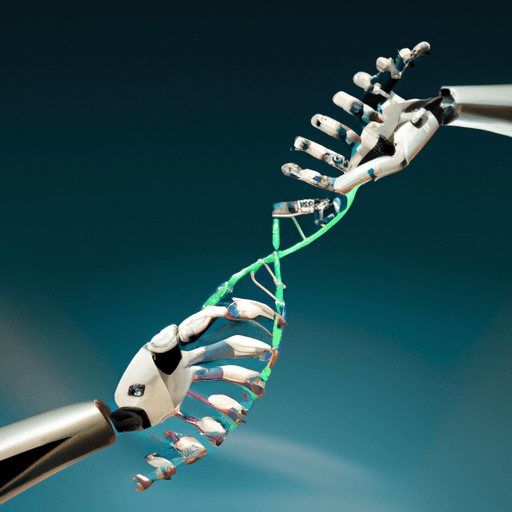Genetic Engineering: Manipulation or Advancement in Science?
Genetic engineering, an innovative scientific technique that involves the direct manipulation of an organism's DNA, holds immense potential in various fields. However, the technique has sparked numerous controversies and raises significant ethical concerns. The debate remains whether genetic engineering is merely a form of manipulation or a significant advancement in the realm of science.
The Current State of Genetic Engineering
In the modern scientific environment, genetic engineering has advanced substantially in terms of both understanding and technique. The methodology allows scientists to precisely alter the DNA in organisms, leading to creations of genetically modified organisms (GMOs), bringing new opportunities in healthcare, food production, and environmental conservation.
Advancements in Various Fields
In healthcare, genetic engineering has led to breakthroughs in gene therapy and personalized medicine, offering potential solutions to hereditary diseases and cancer. The food production industry has benefitted from the creation of genetically modified crops, driving the ability for enhanced yield, nutritional value and resistance to pests. In terms of environmental conservation, innovations such as genetically modified organisms that can consume oil spills are potentially revolutionizing how we manage environmental crises.
Concerns and Ethical Implications
Despite its potential advantages, genetic engineering raises legitimate concerns around ethical, socio-economic, and ecological aspects. There are worries about the unforeseen effects of genetically modified organisms on ecosystems and a lack of global consensus on how, and when, it is right to modify an organism's DNA.
Manipulation or Advancement?
Is genetic engineering manipulation or scientific progress? This is dependent largely on perspectives. From one viewpoint, it is seen as an unnatural interference in the natural world. From another, it is appreciated as a powerful tool that can significantly advance humanity.
Evaluation of Benefits and Drawbacks
It is clear that genetic engineering has both immense benefits and significant drawbacks. The balance between its promise and its potential risks remains a contentious issue in scientific, ethical, and political circles.
Safeguards and Future Direction
With the potential risks in mind, safeguards could be put in place to prevent misuse while still promoting innovation and advancement in genetic engineering. These could include regulations, monitoring systems, transparent information sharing, and capacity development to ensure safe, responsible, and inclusive use of genetic engineering.
Conclusion
Both the possibilities and challenges posed by genetic engineering call for open dialogue, careful oversight, and thoughtful policy-making procedure. As science progresses, society must strike a balance between ethical considerations and technological advancements to ensure a future that benefits all.

















Comments
Leave a Comment